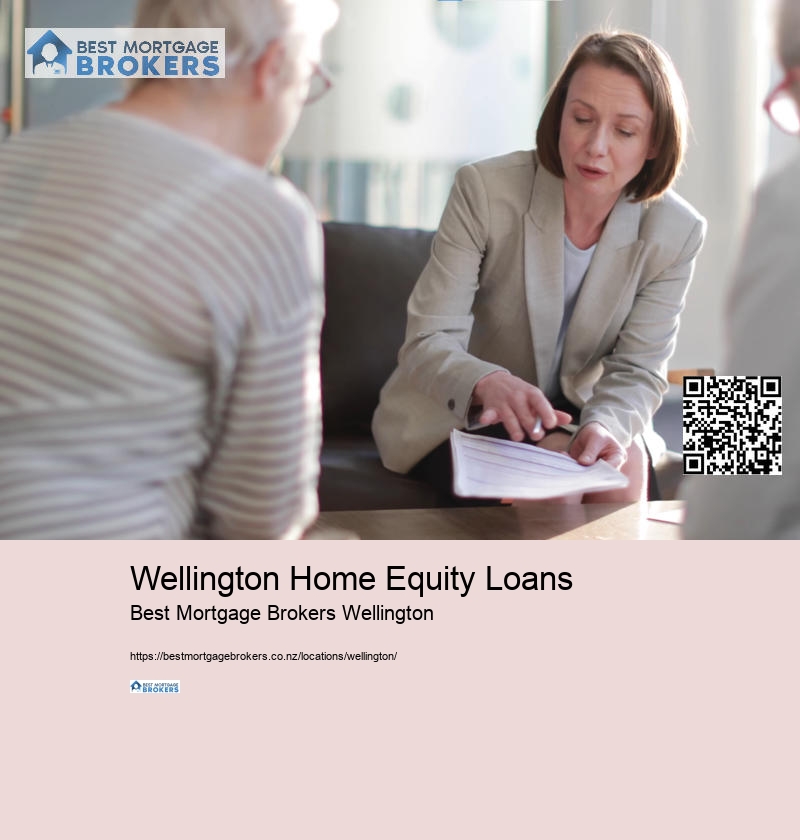Wellington Home Equity Loans
strategic financial planning
Refinancing has several advantages that can have a significant impact on your finances. Refinancing is a great way to reduce your monthly mortgage payments. This can be done by getting a loan with a better interest rate.
Additionally, refinancing offers the opportunity to switch from an adjustable-rate mortgage to a fixed-rate mortgage, providing stability and predictability in your monthly payments. This can be especially advantageous during economic uncertainties when it is expected that interest rates will rise.
Refinancing is also a great way to consolidate debt. Cash-out refinances allow you to pay off high interest debts such as personal loans or credit cards, while reducing your monthly payment into one, manageable amount.
Let's talk about how to maximize your equity in the home to achieve your financial goals. new home Home equity maximization can be an effective way to maximize the value of your house for different financial purposes.




